I've talked about the importance of protein many times on my blog (10 times if you count this post). One of those times was "Eat More Protein And Lose Fat?", which you should definitely check out. I often give the general statement of, "Eat protein from animal sources." Why is that though? Well, whether you're looking for fat loss, muscle gain, or both, you'll want to read on to find out.
Complete Proteins Vs. Complementary Proteins
Amino acids are the building blocks of protein and there are 20 of them. There are nine essential amino acids. Essential means we can't produce them; therefore, we have to eat (or drink) them. Animal based proteins are known as complete proteins because they contain all nine essential amino acids. Plant based proteins (with a few exceptions) are complementary proteins because they do not contain all nine essential amino acids.
In order to get all the amino acids you need, you have to be careful to eat a variety of different plant proteins if a large portion of your protein is coming from plants. While this isn't necessarily a nail in the coffin of plant based protein, you should be aware of the need to match the correct proteins to get the needed amino acids.
Calories Vs. Protein Dose
The majority of my readers and members come here for fat loss. That said, one very important consideration, for your protein sources, is how many Calories you have to consume in order to get the amount of protein you're aiming for. For example, with my preferred whey protein, to get a 24g dose of protein, you will consume 120 Calories. To get 24g of protein using chicken breast, you will consume 127 Calories. In order to get that same dose of protein with black beans, you would have to consume 358 Calories!
If you are dieting for fat loss, you will already have a reduced number of Calories to start with so it will be incredibly difficult to get to your daily protein target through plant sources. You can work around this by taking plant based protein powders, but that may not be optimal either for reasons we will discuss next.
Protein Quality
There are a few ways to measure the quality of a protein. I won't confuse you with the explanation of what each method is or which one you should pay the most attention to. What I will say is, if you look at the table below, you will notice that plant based proteins tend to be ranked lower than animal based proteins on every scale. This means you would have to eat more of a plant protein to get the same effect as an animal protein. This combined with what I said in the last example with black beans, means you would have an even harder time hitting your protein target with the limited Calorie intake available while dieting.
I did mention before that you can use protein supplements to help if needed, but the fact of needing a higher dose to get the same effect still remains true and most plant protein powders tend to be more expensive. Couple this with needing a higher dose to get the same effect and it could be a cost burden as well.
Takeaway
I know it sounds like I just bashed plant protein, but don't misunderstand me. I am not against using plant protein. I'm merely informing you that if you're going to be using plant protein for most or all of your protein intake, the things I mentioned above are things you have to take into consideration, especially when consuming a reduced number of Calories.
If you are a vegetarian, I would highly recommend you get the majority of your protein from eggs and dairy. If you are vegan, make sure to use food combinations that ensure you get all essential amino acids, in sufficient doses, in each meal.
Thank you so much for reading! If you found this information helpful and want to help the Treadaway Training blogcast grow, simply share this post with a friend. If you like what I have to say, sign up below to become a Treadaway Training Insider or check out my YouTube channel. I will be back here Saturday with another body transformation topic. As always, God bless you AND your family and I'll see you Saturday.
References:
[1] Hoffman, J. R., & Falvo, M. J. (2004). Protein – Which is Best? Journal of Sports Science & Medicine, 3(3), 118–130.



